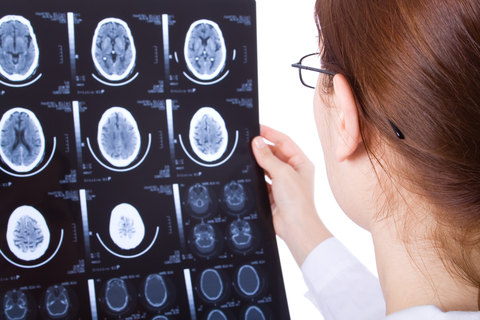Most advanced brain imaging study in Wales

Using some of the most advanced neuroimaging equipment in the world, researchers at Cardiff University’s Brain Imaging Research Centre (CUBRIC) are set to study the brain function and structure of one hundred and seventy healthy volunteers as part of a research project to uncover the mysteries that still surround the most complex organ in the human body.
By studying the structural, chemical, vascular and metabolic functions of people’s brains, the team hopes to gather new information that will advance understanding, diagnosis and treatment of brain conditions such as epilepsy and schizophrenia, and learn more about the influence of specific genes on behaviour and brain function.
In this major study Cardiff University says volunteers aged between eighteen and sixty five will participate in MRI, MEG, TMS, and PET scans, complete a number of cognitive tests and questionnaires related to mental health and demographic background, and provide a saliva sample for collection of genetic data.
Professor Derek Jones, Director of CUBRIC, said “By studying multiple brain imaging signals and different brain functions in multiple volunteers to a level that has never been attempted before, we hope to gain significant new insights into the brain and bring about a step change in our understanding of both the healthy and diseased brain.”
The study will take part between October 2018 and October 2021 and payment of up to £325 is available per volunteer.
The researcher’s aim is to substantially deepen their understanding of how different brain systems (electrical, chemical, structural, metabolic) interact with each other and how differences in these interactions impact on brain function and behaviour. A range of neuroimaging techniques has been developed to probe different systems. These are applied routinely but researchers don’t fully understand what they measure, and whether they tell them the full story about health and/or disease. They also don’t know how signals from different techniques link with each other. In this programme CUBRIC are studying healthy people and people where they already know there are differences in coupling, including people with epilepsy and psychosis. They are also studying coupling before and after perturbing the brain, through brain training, magnetic stimulation or pharamacological manipulation.
Their vision is to deliver a step change in understanding the human brain, by creating an imaging programme that uniquely combines the very best neuroimaging expertise, equipment and techniques. They want to answer the fundamental question of how continuous interactions of electrical, chemical, vascular and metabolic processes result in the multi-scale network activity that underpins inter-individual differences in cognition, and key behavioural/functional brain changes in disease. This integrated characterisation of brain coupling over multiple domains will transform their understanding of the working brain and guide approaches aimed at remedial action when normal coupling is disturbed.
A team of twelve methodological and three clinical Fellows, each focused on a specific aspect of coupling, but applied within a systematic framework of integration, will allow CUBRIC to achieve their key goals, which are to optimise signal capture using the most advanced imaging technologies to yield, identify sensitive, robust and repeatable markers of structure/function, understand these signals thereby maximising their biological interpretability and value to neurocognitive models of human behaviour, develop an integrative modelling framework for combining data from multiple imaging modalities, and characterise changes in multi-scale coupling following perturbations, including behavioural, electromagnetic and pharmacological interventions.
This project was made possible by a Wellcome Trust Strategic Award.
Please contact the recruitment team on 02920688377 or WAND@cardiff.ac.uk if interested in finding out more about this study.








